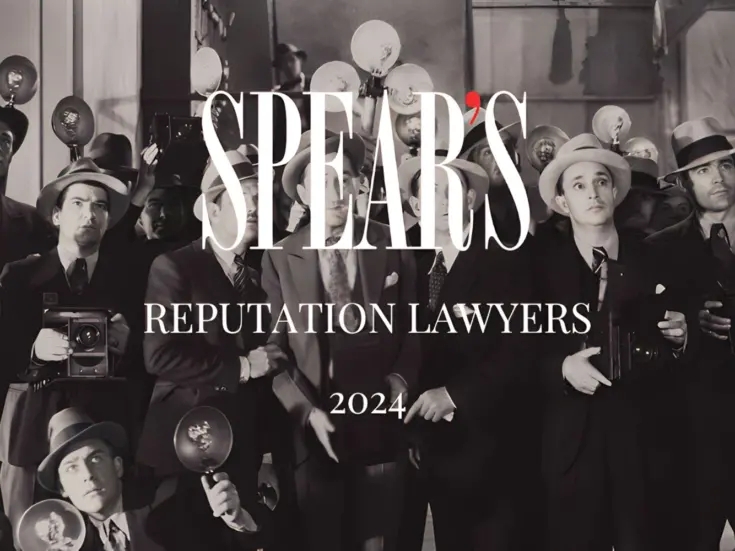
Despite the testamentary freedom that is protected by English law, children secretly left out of a will can successfully challenge your wishes after death, writes Emily Stoneham
Yes you can. A key concept of English law is testamentary freedom. Provided an individual has written a valid will in theory they can leave their assets however they like.
Unlike in many other European jurisdictions, under English law there is no forced heirship (whereby an individual must leave a fixed proportion of their estate to a surviving spouse and/or children). That wayward son or secret lovechild can be completely left out of your will. However, there is a qualification.
Under the Inheritance (Provision for Family and Dependants) Act 1975 (the 1975 Act), a will can be challenged by (among others) the deceased’s spouse and children if they consider a ‘reasonable financial provision‘ has not been made for them. The court will not interfere with an individual’s estate unless a claim is made.
Claims can only be made under the 1975 Act if the deceased died domiciled in England and Wales. Seek legal advice if there is any doubt as to an individual’s domicile.
Any child of the deceased can bring a claim, this includes adult, illegitimate and unborn children and even anyone who ‘was treated by the deceased as a child of the family‘. Such a broad definition can result in unwelcome surprises following the death of an individual who led a more ‘colourful’ life. A previously secret lovechild making a claim would be a serious shock to the rest of the family and could quickly spiral into a nasty dispute particularly if paternity is questioned.
The 1975 Act is not designed to allow the court to rewrite an individual’s will and award a significant proportion of their estate to a child they wished to disinherit. The court is limited to making an award for maintenance. This is everyday living in the ordinary sense; the court will not be making awards to fund fast cars and yachts.
In deciding whether an award should be made, a court will consider a number of factors including the child’s needs, relationship with the deceased and what support the deceased had previously provided. It will therefore be harder for an independent adult child to receive an award than a dependent minor. That said it is by no means impossible.
In a recent case a mother disinherited her estranged adult daughter and left her estate to charity. Despite this the court awarded the daughter £50,000 (the total estate was valued at £486,000). Before making an award to an adult child, the court will want to find exceptional circumstances above and beyond the fact the claimant can prove they were a child of the deceased. For example, in the above case a key factor in the judge’s decision was the fact the daughter was on benefits, though he limited the award due to the estrangement.
Claims under the 1975 Act and any resulting disputes may be avoided by seeking legal advice when drafting your will. In some situations legal advisers may conclude that instead of completely disinheriting a child it may be prudent to make a small legacy to them. Clear documentation of the reasons for making (or not making) particular legacies may also help.
This article has focused on children, but please note under the 1975 Act claims can also be brought by a spouse. The court can make a more substantive award to a spouse than simply for their maintenance. This is to avoid a situation where a spouse would have been better off if their marriage had ended in divorce rather than death.
Emily Stoneham is a solicitor at Payne Hicks Beach








